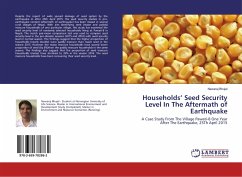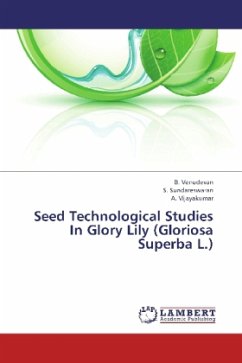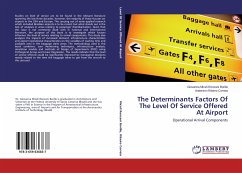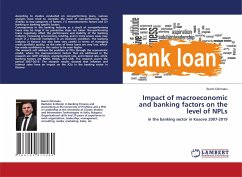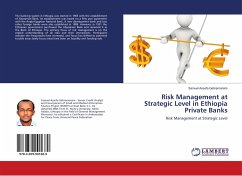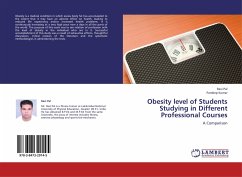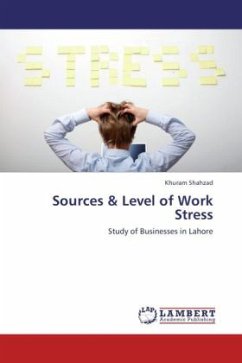Despite the report of wide spread damage of seed system by the earthquake in after 25th April 2015, the seed security studies in pro-earthquake context (aftermath of earthquake) has been missed in several rural villages of Nepal. With aim identifying seed (maize and paddy) insecure households of one particular village, this study has examined the seed security level of randomly selected households living at Pawati-8 in Nepal. The match pair-mean comparison test was used to compare seed security level in the pro-disaster seasons (2015 and 2016) with seed security level in normal season. The findings suggest that the higher proportion of households (nearly double) were paddy insecure than maize seed in the season 2015. However the maize insecure households have sowed lower proportion of seed (by 6%)than the paddy insecure households in the same season. The findings also suggest that the proportion of seed insecure households (maize) have shrinked to 20% in the season 2016. The seedinsecure households have been recovering their seed security level.

